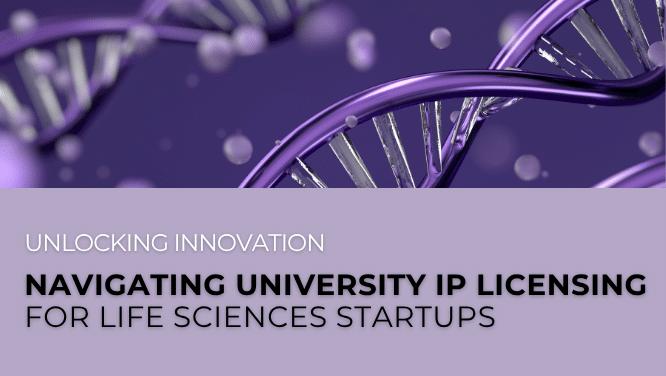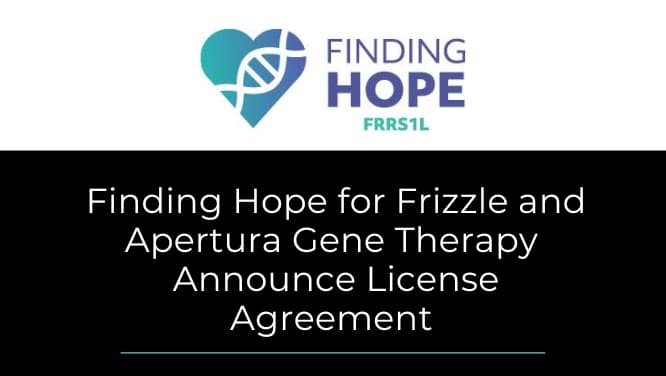How to Navigate University IP Licensing for Life Sciences Startups

- KO Firm
- |
- May 28, 2025
For life sciences startups, many groundbreaking innovations start in university labs. But transforming that research into real-world impact requires navigating the often-complex process of university technology licensing. At Boulder Startup Week 2025, KO partner Brad Schoenfeld joined the University of Colorado’s Annalissa Philbin to share practical guidance from both the company and university perspectives to help founders secure fair, flexible, and strategic licensing agreements. Check out the short summary below.
Why University Licensing Matters
Universities are a critical pipeline for life sciences innovation. However, licensing university-developed IP involves unique challenges—including unfamiliar legal frameworks, equity considerations, and the need to align long-term interests between startups and academic institutions.
While licensing negotiations can feel adversarial, remember that universities want your startup to succeed. Common sticking points include valuation of equity, royalty percentages, sublicense income sharing, and milestone obligations. Enter negotiations with a clear business plan, experienced legal counsel, and a collaborative mindset.
Preparing for Success
Before initiating licensing discussions, startups should:
- Have a clear business model and realistic development roadmap.
- Line up corporate documentation, especially if the license will become a key asset.
- Engage advisors familiar with the university tech transfer process.
Key Licensing Elements Startups Should Understand
- Scope of License
Startups should be very specific about defining the territory for their license and should understand that it may not always be the same for the entire scope of the license. Startups should also aim for broad rights covering development, commercialization, manufacturing, and sublicensing. It’s important to think about the long-term rights they’ll need – for example, overlooking the right to “have manufactured” outside the licensed territory can potentially limit growth and global scalability. - Sublicensing and Assignment Rights
Sublicensing and assignment rights are critical for startups. Universities often require pre-approval of sublicensees or assignees to protect their IP. Founders should negotiate for flexibility—and plan ahead for the ability to transfer the license—to avoid hurdles during acquisitions or strategic partnerships. - Financial Terms & Equity Stakes
University deals typically include upfront fees, patent cost reimbursement, royalties, and milestone payments. Equity may also be part of the package. Founders should be aware of dilution risks and negotiate terms that balance cash constraints with long-term value. - Royalty Structures & Adjustments
It’s important to carefully define the royalty term and royalty rate. Be mindful of royalty stacking provisions, reductions post-patent expiration, and terms tied to valid patent claims. These details can significantly impact your company’s bottom line. Adjustments can also be made for the introduction of generics or loss of market exclusivity. - Development Milestones
Universities use development milestones to ensure IP is being actively developed. Founders should make sure that any such milestones are realistic. Development milestones should not be the goals referenced in a business plan—they should be worst-case scenarios that could trigger a loss of rights if not timely achieved. - IP Ownership for Improvements
Clarify ownership of new IP arising from further development. Startups often need freedom to innovate and don’t want to be required to hand back future innovations and improvements.
A well-negotiated university license can be a powerful springboard for a life sciences startup. By understanding the process, preparing thoughtfully, and building strong university relationships, founders can turn academic innovation into impactful, commercially viable solutions.
Brad Schoenfeld is a transactional partner at KO Law, a Colorado-based firm that specializes in contracts for life science companies. KO is one of the only firms in the nation with a dedicated contracts team comprised of attorneys and contracts managers with significant bioscience and pharma experience. Reach Brad at [email protected].




